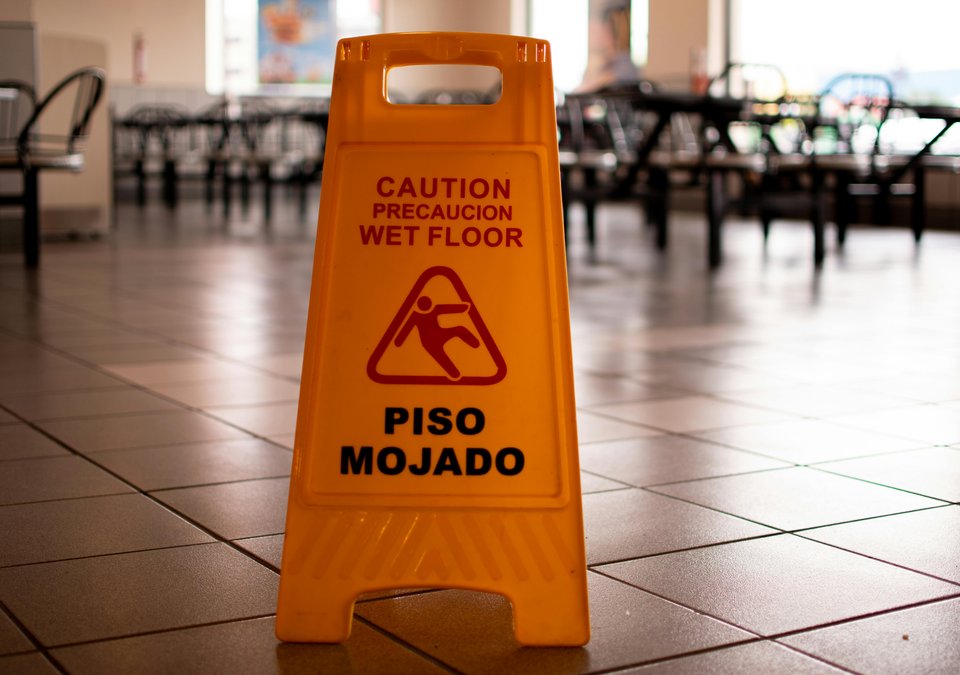Common Questions
As experienced personal injury and work-based accident solicitors, we've heard tons of questions over the years. Below are the most common we find. Have you got a question we haven't covered? Get in touch with us, and a member of our legal team will get back to you.
What are manual handling injuries?
Manual handling injuries occur when employees lift, carry, push, or pull objects without proper safety measures. These injuries include back strains, hernias, musculoskeletal disorders (MSDs), and repetitive strain injuries. They are especially common in physically demanding industries like construction, healthcare, and retail.
According to UK law, employers must take steps to reduce the risk of manual handling injuries through proper training, equipment, and risk assessments. If you’ve suffered an injury at work due to unsafe practices, you may be entitled to compensation.
What are the most common causes of manual handling injuries?
The most common causes of manual handling injuries include:
-
Lack of Proper Training: Employees without adequate training may use incorrect techniques, leading to injuries.
-
Unsafe Work Environments: Cluttered or slippery areas can increase the risk of accidents.
-
Overexertion: Lifting heavy loads without breaks or sufficient help can strain the body.
-
Neglected Risk Assessments: Employers are required to identify potential hazards, and failure to do so often results in workplace injuries.
Employers have a legal obligation to mitigate these risks. If you’ve experienced an injury due to any of these causes, seek legal advice to explore your options for compensation.
How much compensation can I get for a manual handling injury?
The compensation for manual handling injuries depends on the severity and impact of the injury:
-
Minor injuries (e.g., short-term strains or sprains): £2,000–£10,000
-
Moderate injuries (e.g., long-term back pain): £10,000–£20,000
-
Severe injuries (e.g., permanent disability or chronic conditions): £20,000+
Factors affecting compensation include:
-
Medical expenses
-
Lost income and future earnings
-
Pain, suffering, and emotional distress
-
Costs for ongoing care or rehabilitation
To understand the value of your specific case, consult experienced solicitors like TBI Law, who specialise in manual handling claims.
What should I do if my employer denies responsibility for my injury?
If your employer denies responsibility for your manual handling injury, take these steps:
-
Gather Evidence: Collect medical records, photographs, witness statements, and any workplace risk assessments.
-
File a Report: Ensure the incident is documented in your workplace’s accident book.
-
Seek Legal Advice: Contact a solicitor specialising in workplace injury claims.
An experienced solicitor can assess your evidence and build a strong case. Even if your employer denies responsibility, the law prioritises worker safety, and you may still secure compensation through legal action.
Can I claim compensation if I didn’t report the injury immediately?
Yes, you can still claim compensation even if you didn’t report your manual handling injury immediately. While timely reporting is ideal, your medical records and workplace conditions can help establish the link between your injury and your job.
Key steps:
-
Visit your GP or a medical professional to document the injury.
-
Collect any evidence related to your workplace conditions.
-
Work with a solicitor to file a claim within the legal timeframe, typically three years from the date of injury or diagnosis.
How long do I have to file a manual handling injury claim?
In the UK, you generally have three years from the date of your injury to file a claim. If symptoms develop over time, the deadline starts from the date of diagnosis.
Exceptions:
Consult a solicitor as soon as possible to avoid missing deadlines and ensure your case is handled efficiently.
What industries are most affected by manual handling injuries?
Industries with high risks for manual handling injuries include:
-
Construction: Heavy lifting and repetitive tasks increase injury risk.
-
Healthcare: Nurses and carers often lift patients, leading to back and shoulder injuries.
-
Warehousing and Retail: Workers frequently handle heavy or awkward loads.
-
Office Environments: Poor ergonomics and repetitive strain can also cause injuries.
No matter the industry, employers are required to provide training, equipment, and safe practices to minimise risks.
How do I prove employer negligence in a manual handling claim?
To prove employer negligence in a manual handling claim, you need evidence that your employer failed to meet their legal obligations, such as:
-
Inadequate Training: Lack of proper instruction on safe handling techniques.
-
Unsafe Work Conditions: Examples include cluttered spaces or improper equipment.
-
Ignored Risk Assessments: No efforts to identify and mitigate hazards.
-
Breach of Legal Duties: Non-compliance with the Control of Manual Handling Operations Regulations 1992.
Supporting evidence includes:
-
Medical records confirming your injury.
-
Workplace documentation, such as risk assessments.
-
Witness statements from colleagues.
-
Photographs of unsafe environments.
Can part-time or temporary workers claim compensation?
Yes, part-time and temporary workers have the same rights as full-time employees to a safe working environment. If you’ve suffered a manual handling injury due to employer negligence, you are eligible to make a claim, regardless of your contract type. Employers owe a duty of care to all workers, including temporary staff, under UK health and safety laws.








